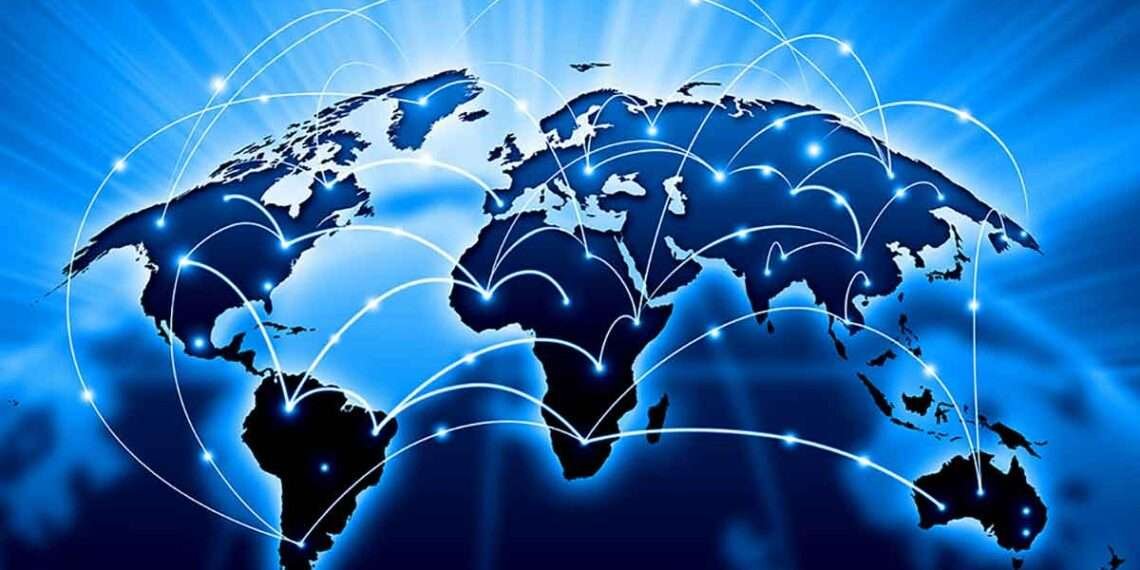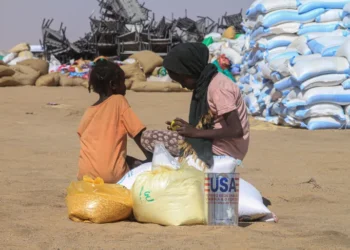Nine global banks have invested a total of $45 million in a new platform called Carbonplace to help scale up transactions of voluntary carbon credits and make it easier for their customers to participate in the market.
Demand for carbon offsets, generated through projects such as tree planting or using cleaner cooking fuel, is expected to soar as companies seek to use the credits to help meet net-zero emissions goals.
Currently, the credits are often traded bilaterally on a project-by-project basis and through commodity exchanges. Each of the banks – BBVA, BNP Paribas, CIBC, Itaú Unibanco, National Australia Bank, NatWest, Standard Chartered, SMBC and UBS – have invested $5 million in Carbonplace, which will connect buyers and sellers of credits through the banks.
Robin Green, Carbonplace Chief Technology Officer hailed the new platform and also expressed appreciation to the various banks that came together to contribute to the good course of achieving net zero.
“The capital injection represents a commitment from some of the world’s largest financial institutions, which account for nearly $9 trillion in total assets, to achieve Carbonplace’s vision of accelerating corporate climate action by providing transparent, secure, and accessible carbon markets.”
Robin Green
The credit platform will be available to the banks’ corporate clients later this year, and in the future could also be open to retail customers, the Carbonplace Chief Technology Officer stated. He said the funding will be used to grow the team and scale up the platform’s infrastructure.
Green said the offset credits available would be those issued by existing carbon offset standards groups such as Gold Standard and Verra.
The Climate Crisis
Meanwhile, the climate crisis has been deepening for some time now and it has become a concern to humanity. The time horizon for attaining a global warming target of well below 2 degrees is very short and is shrinking, and devastating climate change is already upon the planet, with more and more people directly impacted by extreme weather events every year, imperiling the future prosperity and security of everyone.
Science shows clearly that in order to avert the worst impacts of climate change and preserve a livable planet, global temperature increase needs to be limited to 1.5°C above pre-industrial levels. Currently, the Earth is already about 1.1°C warmer than it was in the late 1800s, and emissions continue to rise. To keep global warming to no more than 1.5°C – as called for in the Paris Agreement – emissions need to be reduced by 45% by 2030 and reach net zero by 2050.
A growing coalition of countries, cities, businesses, and other institutions are pledging to get to net-zero emissions. More than 70 countries, including the biggest polluters–China, the United States, and the European Union – have set a net-zero target, covering about 76% of global emissions.
More than 3,000 businesses and financial institutions are working with the Science-Based Targets Initiative to reduce their emissions in line with climate science. And more than 1000 cities, over 1000 educational institutions, and over 400 financial institutions have joined the Race to Zero, pledging to take rigorous, immediate action to halve global emissions by 2030.

The growth in net-zero pledges has been accompanied by a proliferation of criteria with varying levels of robustness. To develop stronger and clearer standards for net-zero emissions pledges by non-State entities such as businesses, investors, cities and regions, and speed up their implementation, UN Secretary-General António Guterres in March 2022 established a High-Level Expert Group on the Net-Zero Emissions Commitments of Non-State Entities. The Expert Group presented its recommendations at COP27 on 8th November 2022.
The top seven emitters (China, the United States of America, India, the European Union, Indonesia, the Russian Federation, Brazil) accounted for about half of global greenhouse gas emissions in 2020. As such, it is timely for these banks, mostly from these countries to take the first initiative.
READ ALSO: Beige Bank Case: No Opportunity Was Granted To My Client To Respond To Queries – Lawyer Sory























